I’ve been trapped in the realm of the internetlessness for a couple of days now
(nothing I’m not used to, not to worry) and one of my offline-time activities was to clean up my external HDD.
While swirling in the vortex of nostalgia I found a folder I thought I’d lost: my ‘I-have-to-try-this’ folder. See, back on my late teens so many years ago (6 or 7) I used to save any image of things I thought were cool and had to try out sometime. Among them, this piece of magic here:
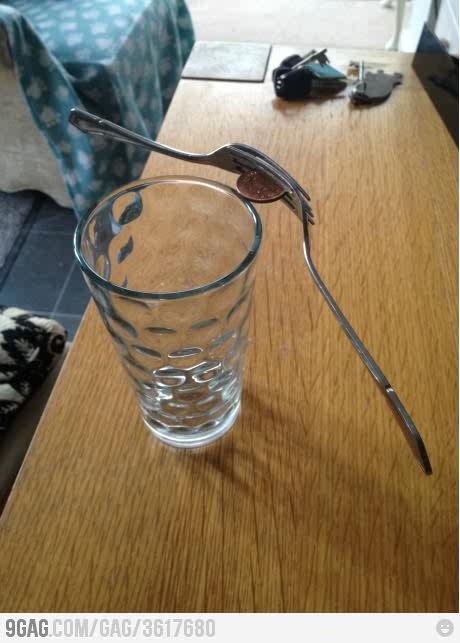
Figure 1. Magic. source
So I did the obvious thing… I tried to do it myself. It was in my ‘I-have-to-try-this’ folder after all. After a bit of a struggle trying to find a coin in my house what proved to be the real challenge here… I managed to replicate it!

Figure 2. Yes, we still have our Christmas tablecloth out.
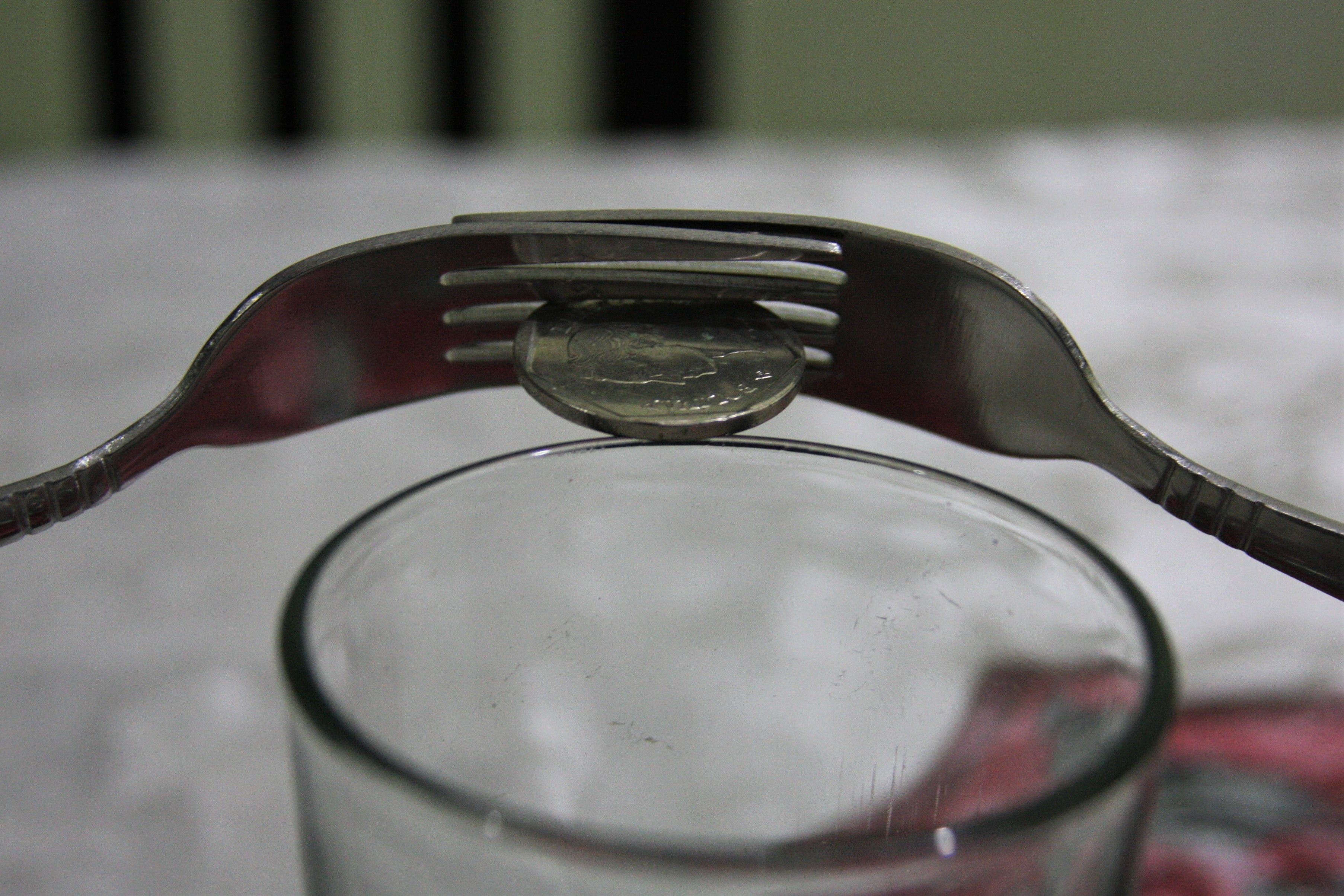
Figure 3. How cool is this!?.
The surprising bit here is, it wasn't nearly as hard as I'd thought it'd be. Although that could be cause of my natural ability to handle magic. I Flipendo'ed those forks right from the beginning.
On to the mechanics
On a (little) more serious tone, let's talk mechanics for a bit.
There’s six degrees of freedom for a body in the space (space as in ‘three dimensions’ and not specifically outer-space space). This is, a body can move six ways. Linearly it can move up and down, left and right and front and back, that’s three. Rotationally it can move around each of this axes of movement, that’s three more. We can see it graphically in our cube in figure 4.
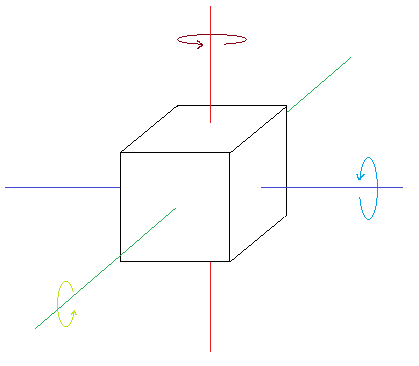
Figure 4. Beautifully sketched cube.
Now, for an object to be static all forces must be balanced. The coin-fork system will only move in the up and down direction, because the only forces acting is their weight and that one goes in the ‘down’ direction. We can see in figure 5 that the centre of gravity of the coin-fork system (blue dot) falls just on top of the glass’ edge, so, the reason the forks-coin doesn’t fall straight downwards is that the reaction force the glass exerts on it balances the weight of the two forks and the coin.
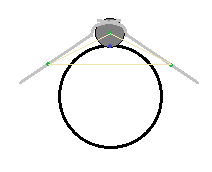
Figure 5. Beautifully sketched top view of our system.
That leaves us with the rotational movements as a possibility. While studying figure 6 and 7 we can see that since the fulcrum is on top of the glass edge (blue dotted line) as long as the torque (a ‘rotational force’) that the weight of each component produces around the fulcrum are balanced, the system will remain static. Kind of like a carefully balanced seesaw.
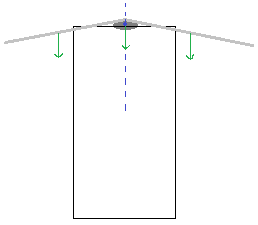
Figure 6. Beautifully sketched front view of our system.
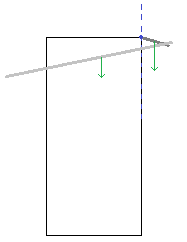
Figure 7. Side view of our system. Also beautifully sketched, don't you think?.
Bottom line:
Magic and science are virtually the same. Which means if you’re a scientist you can effectively go around telling people you have magic powers, and you wouldn’t be lying. Cool or what?
References and further reading:
- https://www.stevespanglerscience.com/lab/experiments/balancing-forks/
- http://lpsa.swarthmore.edu/Systems/MechTranslating/TransMechSysLeversPulleys.html
- Hibbeler, R. C. (2011). Mecánica de Materiales (8va ed.). México: Pearson.
This guy overe here https://www.instagram.com/rockybyun/ has turned this type of physics into his profession
Downvoting a post can decrease pending rewards and make it less visible. Common reasons:
Submit
Planning a birthday party in Los Angeles? Make it truly unforgettable with a professional magician! A Los Angeles birthday party magician can add an enchanting touch to your event, captivating guests of all ages with mind-blowing tricks and interactive performances. Whether it’s a kids’ party or a family gathering, the magician will keep everyone entertained and amazed. For an extraordinary experience, check out los angeles birthday party magician, where you can book a magician who specializes in creating magical moments. Don’t miss the chance to bring wonder and excitement to your celebration.
Downvoting a post can decrease pending rewards and make it less visible. Common reasons:
Submit